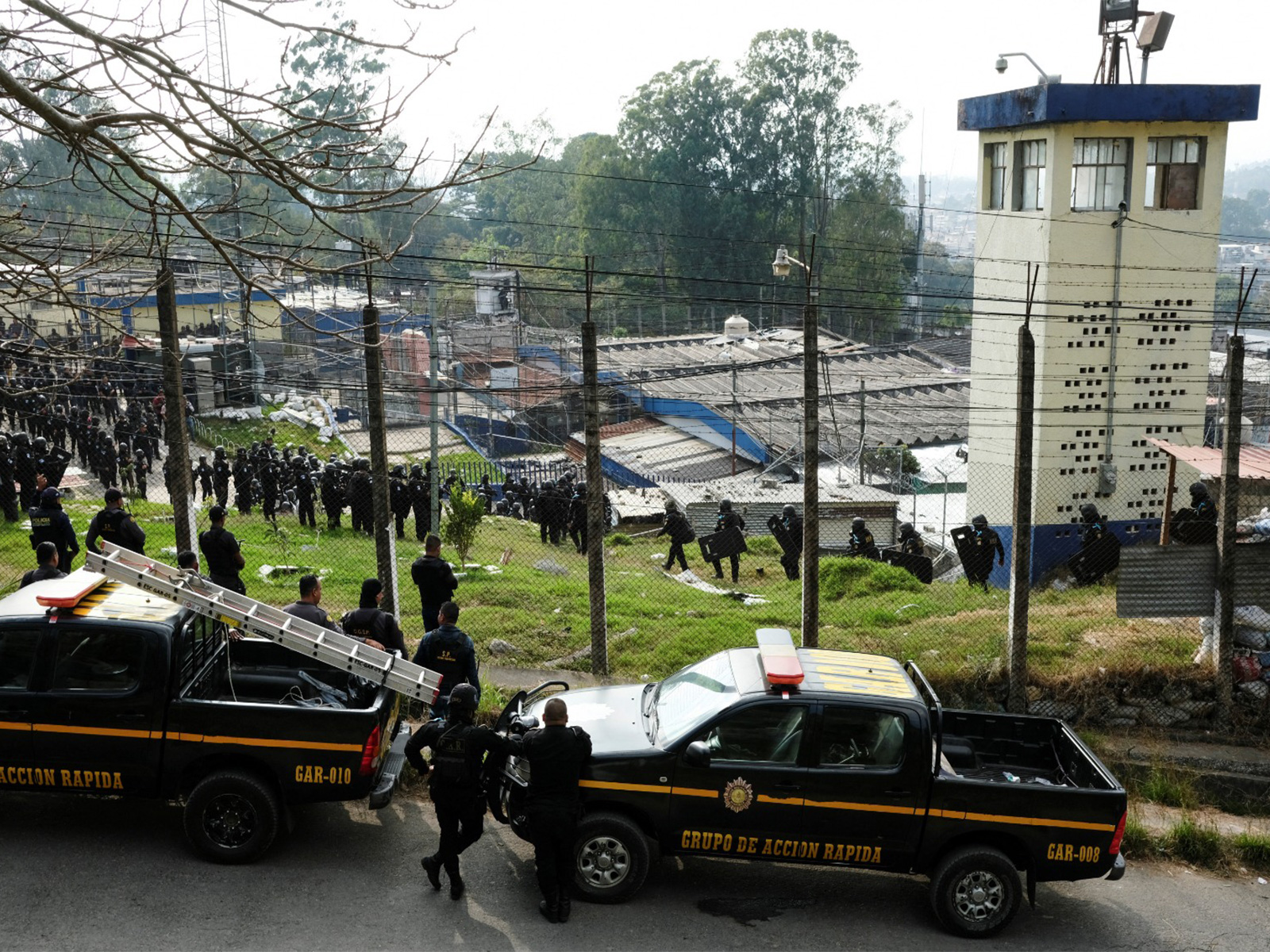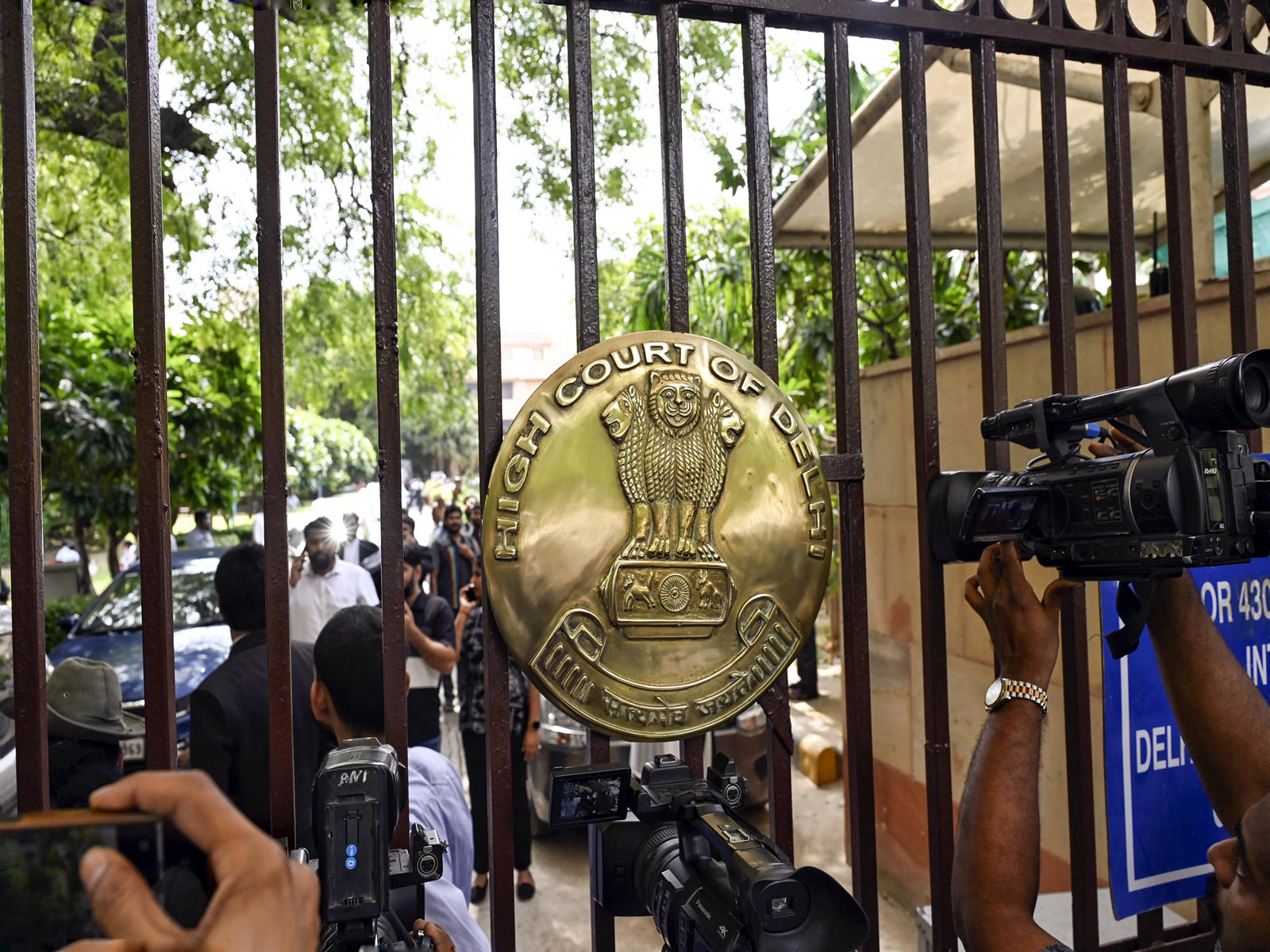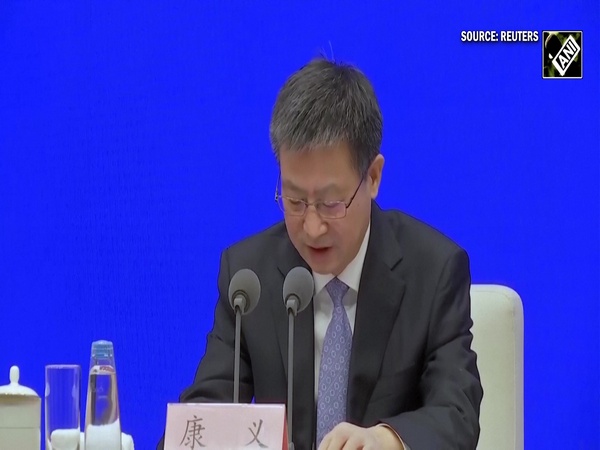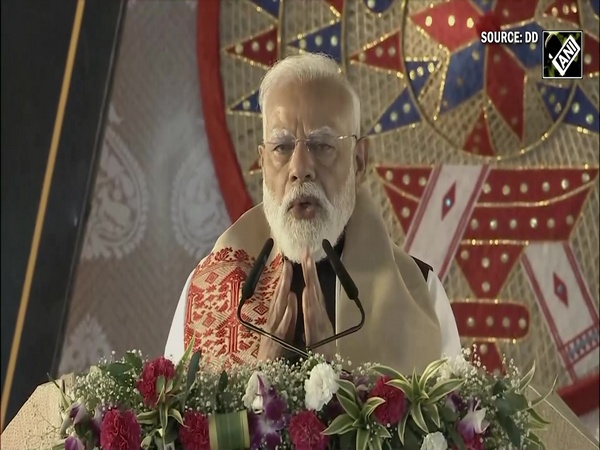China's 'Malacca dilemma' remains
Sep 04, 2020

Bangkok [Thailand], September 4 : Amid the border standoff between India and China, the latter has suffered a severe blow from Thailand, which said it will scrap the Kra Canal project that Beijing wanted to build to shorten its access to the Indian Ocean, according to a media report.
Not only that, the Thai government has also given in to the public pressure and delayed the purchase of two Chinese submarines worth USD 724 million.
As per a TFIPOST report, China was pinning its hopes on the Kra Canal project, a proposal to construct a 120-kilometre mega canal cutting through the isthmus of Kra in Thailand.
The Thai canal could have been a crucial strategic asset for China, allowing its navy to quickly move ships between its newly constructed bases in the South China Sea and the Indian Ocean without diverting over 1,100 kilometres south to round the tip of Malaysia.
"This was in line with Beijing's long-term ambitions to bypass the Strait of Malacca, a narrow chokepoint between the Malay Peninsula and the Indonesian island of Sumatra that divides the Indian and Pacific Oceans," TFIPOST wrote.
As things stand, Thailand no longer wants the Kra Canal as it is turned out to be infeasible both economically and politically.
Firstly, economical reasons: The Kra Canal project was unlike Suez Canal or Panama Canal that would have helped reduce a substantial amount of time or expenditure. Kra Canal as an alternate route through the Malacca, Sunda or Lombok Straits would not have generated very limited revenue, which would not have justified its construction cost.
Besides from the economical reasons, a Thai canal would pose a little threat to the US and its allies, including India, which can effectively counter Chinese expansionism with the up-gradation of domestic forward bases in the Andaman and Nicobar Islands.
"The real concern is that it would further undermine the independence of poor southeast Asian countries like Myanmar and Cambodia, which have comparatively weak civil societies that are highly vulnerable to Chinese interference. And it absolutely imperils Thailand," a report in the Foreign Policy.
Along with the decision to scrap the canal project, the Thai government has dropped the purchase of Chinese-made military submarines for a year following public outrage over the controversial agreement.
The Royal Thai Navy asked the parliament's budget committee to slash the submarine procurement funding to zero for this fiscal year. Government spokesperson Anucha Burapachaisri said that Prime Minister Prayuth Chan-ocha, who also holds the post of Defence Minister, told the Navy to postpone the agreement until the fiscal year 2022.
The decision comes as a setback for the Thai government amid protests by the youth who are seeking political reforms and protections for civil liberties. It also comes as the country's economy has witnessed a slump due to the COVID-19 pandemic.
The two Yuan-class S26T submarines were supposed to cost a total of 22.5 billion baht (USD 720 million) over seven years. An allocation of 3 million baht as initial payment was sought by the government in the 2021 budget. But, the decision invited strong opposition from the public, with critics saying the money should be spent to revive the flattened Thai economy.
As per the TFIPOST report, China has lost all its friends in the Indo-Pacific region. "Thailand itself, for example, is a part of the Milk Tea Alliance- an online democratic solidarity movement run by internet users from Thailand, Taiwan and Hong Kong," it added.
Amid the growing public pressure, China could also find itself ruled out from the land pathway project which Thailand is considering as an alternative to the Kra Canal project, leaving behind Bejing in the age-long "Malacca Dilemma".




















